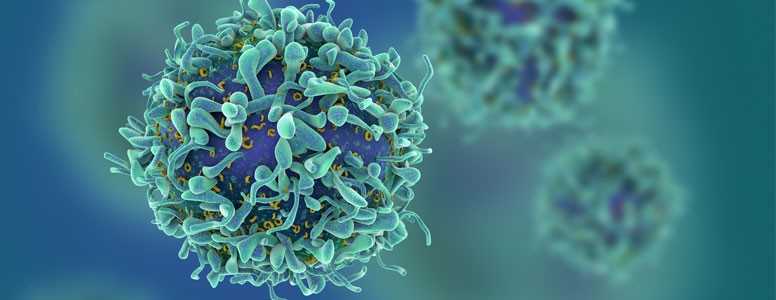Experts at the University of California, in Los Angeles (UCLA) have found that how stiff or soft T cells are may control their response during autoimmune attacks.
The new study, published in the journal Science Signalling, looked at the activation of T cells from binding to antigens associated with a potential threat to the immune system.
It revealed that the stiffness or rigidity of T cells varies depending on past interactions with antigens and predict the severity of future immune responses.
Researchers found that T cells tend to become less stiff as they encounter more antigens, a change that they have been able to capture in real-time thanks to a tool called an atomic-force microscope (AFM).
The AFM is a type of high-resolution scanning that forms an image of the T cell surface and can measure both its stiffness properties and adhesion strength, here to an antigen.
It has also confirmed the existence of a link between the level of stiffness of T cells and their activity. The softer T cells are, the more aggressive they seem to become against perceived foreign invaders, including our own body cells.
Their reactivity to antigens also isn’t the same. The cells react slowly when they are stiff and trigger easily when they are soft.
“T cells are like the shy person at the office holiday party who acts stiff until they loosen up a bit and then are all over the dance floor,” study senior author, Dr Manish Butte, explained to a UCLA news reporter.
Altering structural properties of T cells, like their softness, may control to some extent how active they are. In the presence of infections or cancers, the goal would be to encourage and speed up this process.
In contrast, artificially making T cells stiffer could help stave off attacks against self-antigens. T cells being less responsive when stiff could buy scientists more time while immunotherapy takes effect.
The UCLA research team has already begun a NIH-funded trial looking into the effect of T cell stiffness in type 1 diabetes to test the hypothesis.
What's new on the forum? ⭐️
Get our free newsletters
Stay up to date with the latest news, research and breakthroughs.




